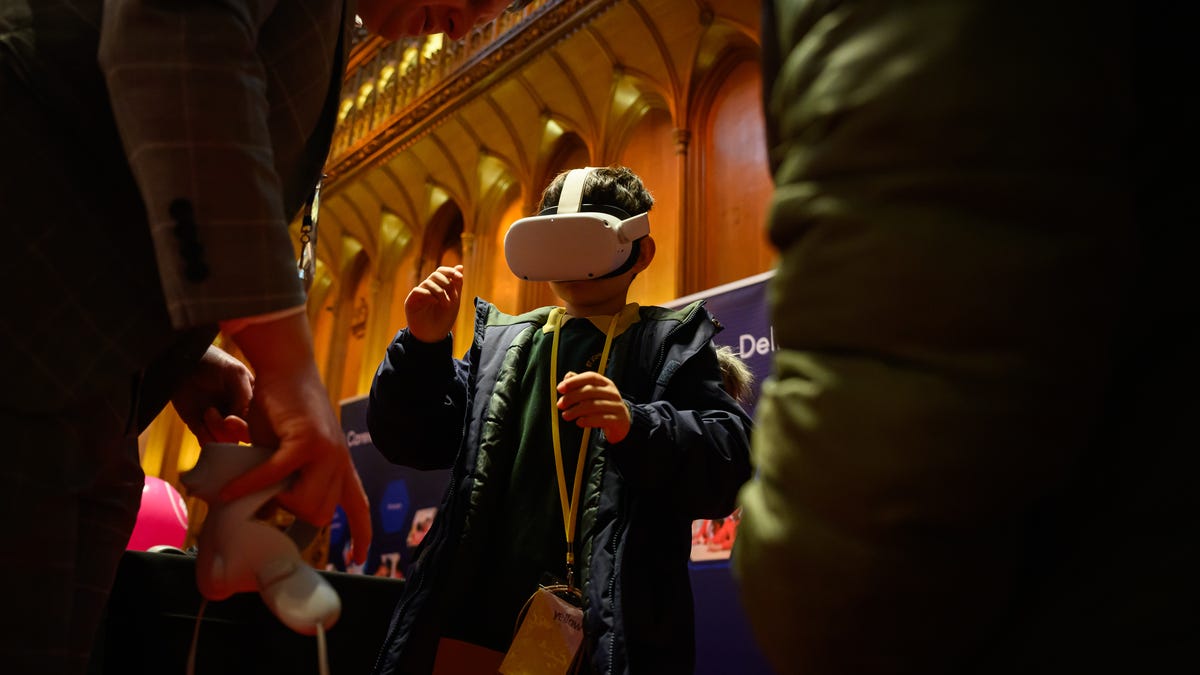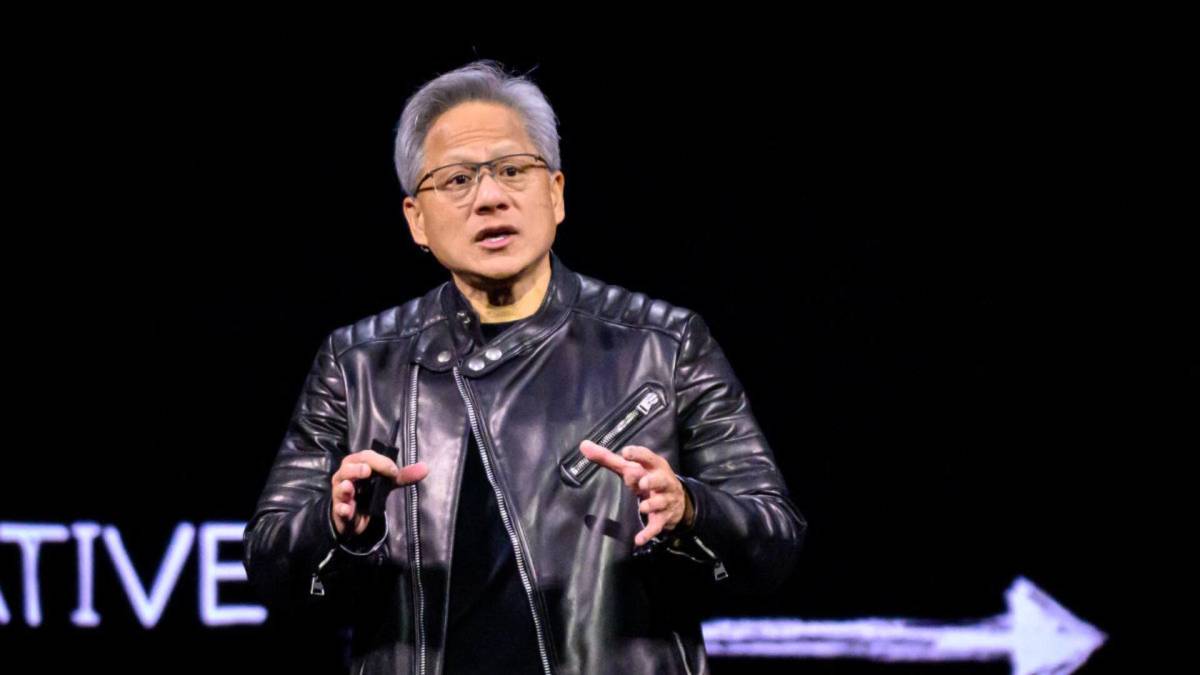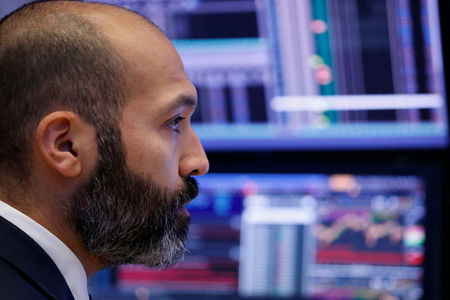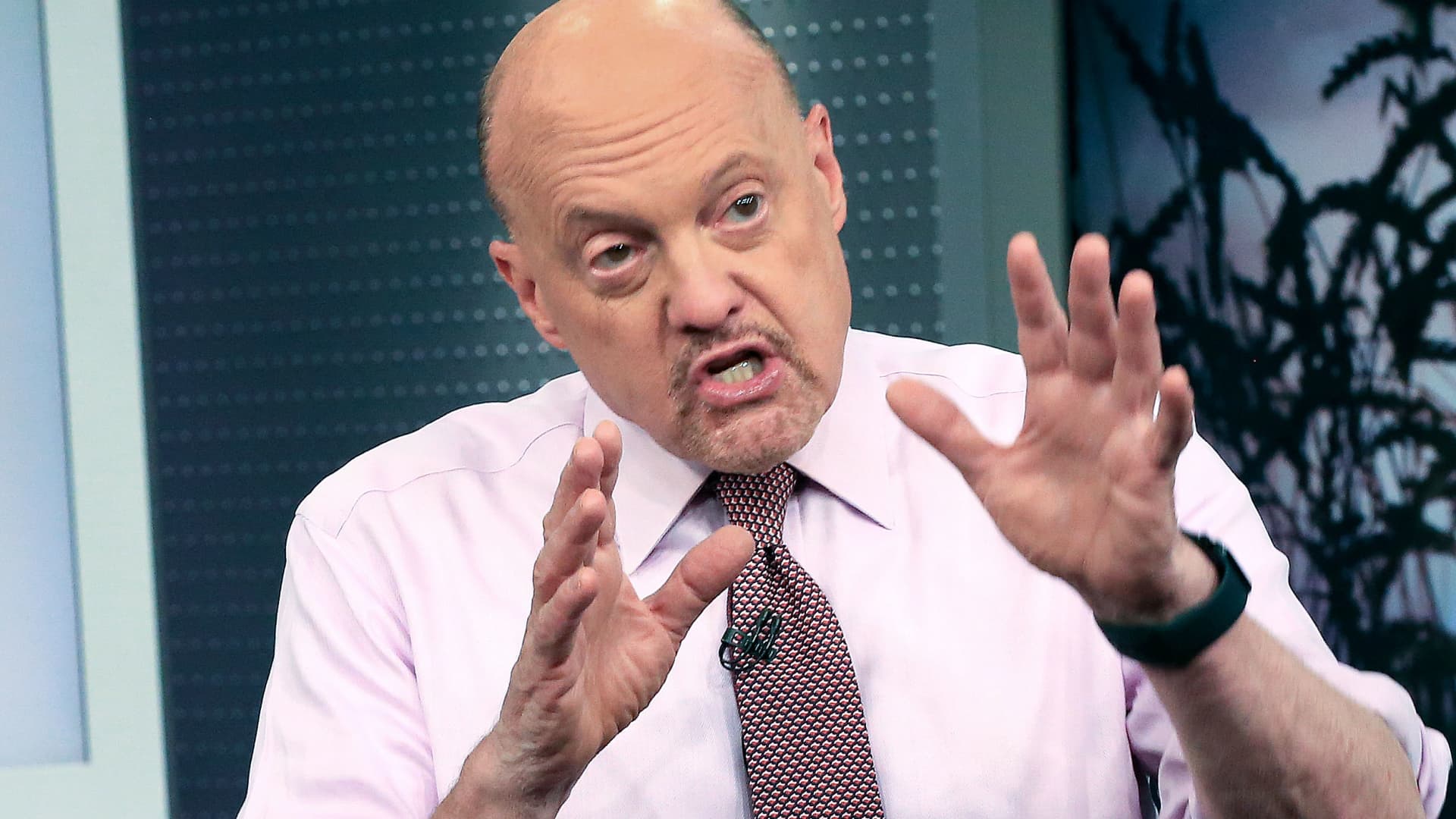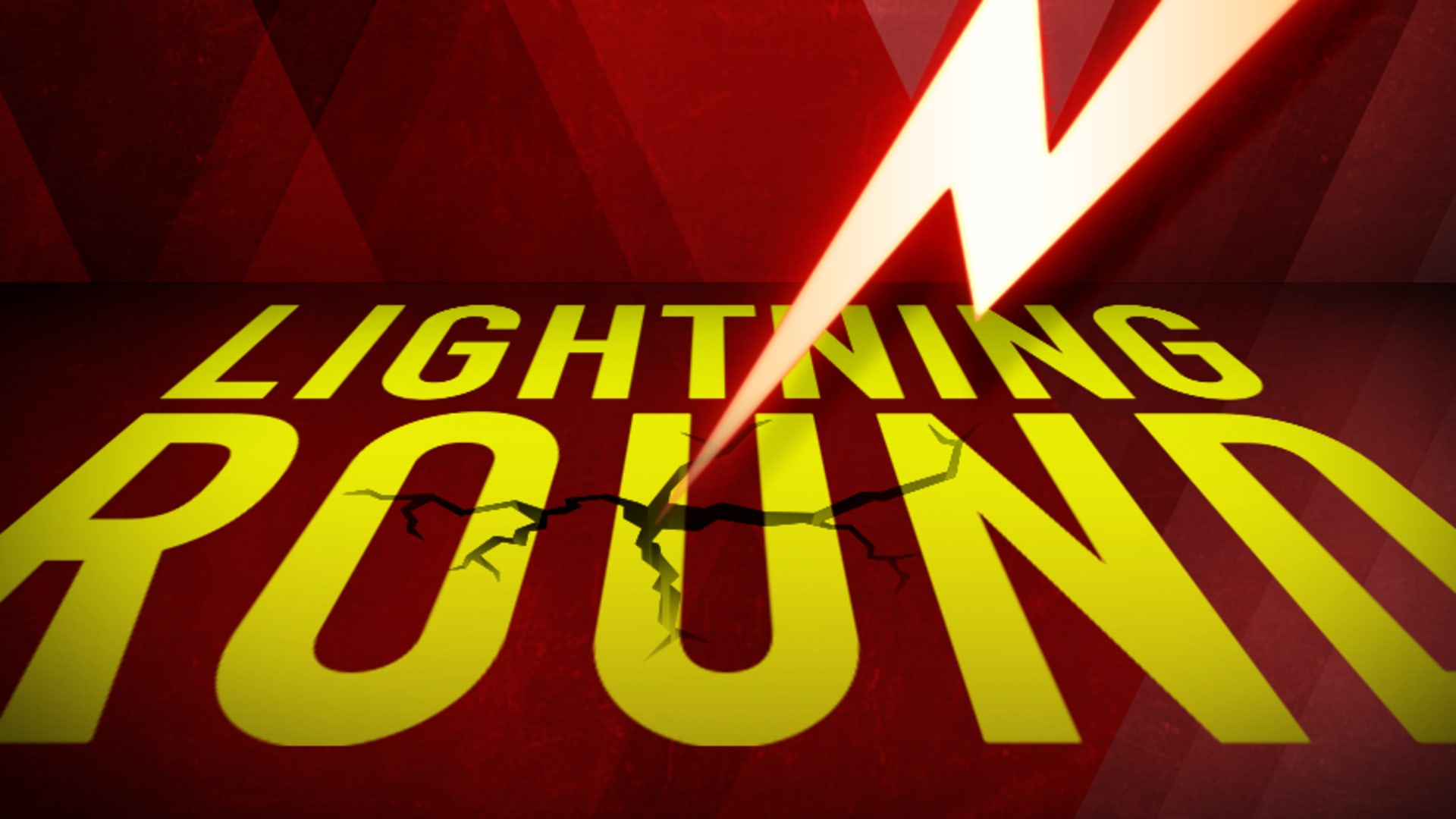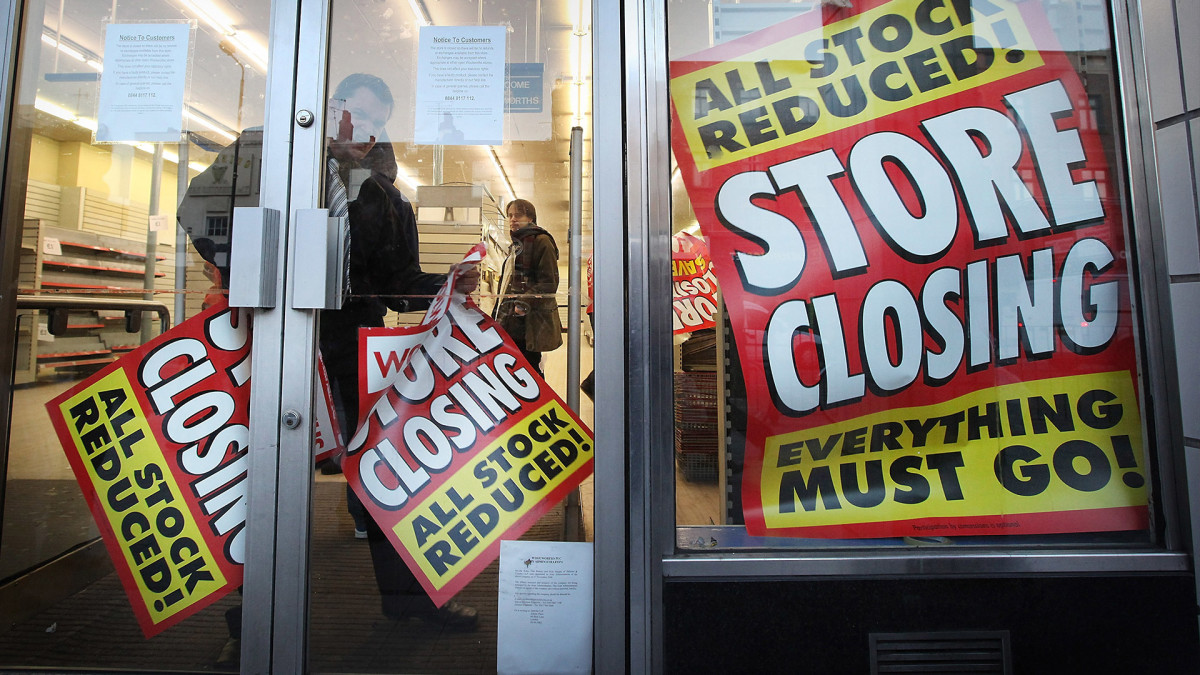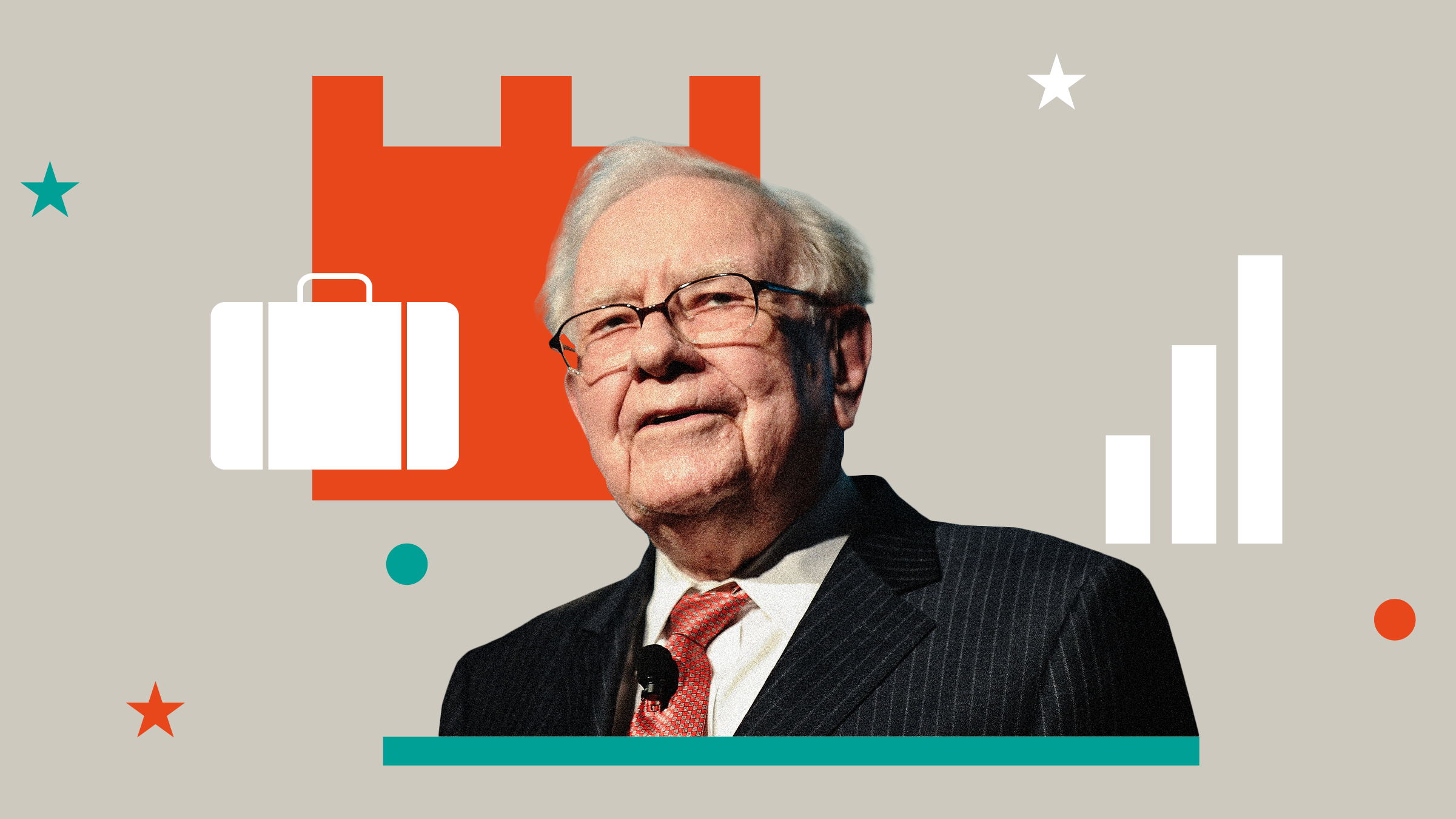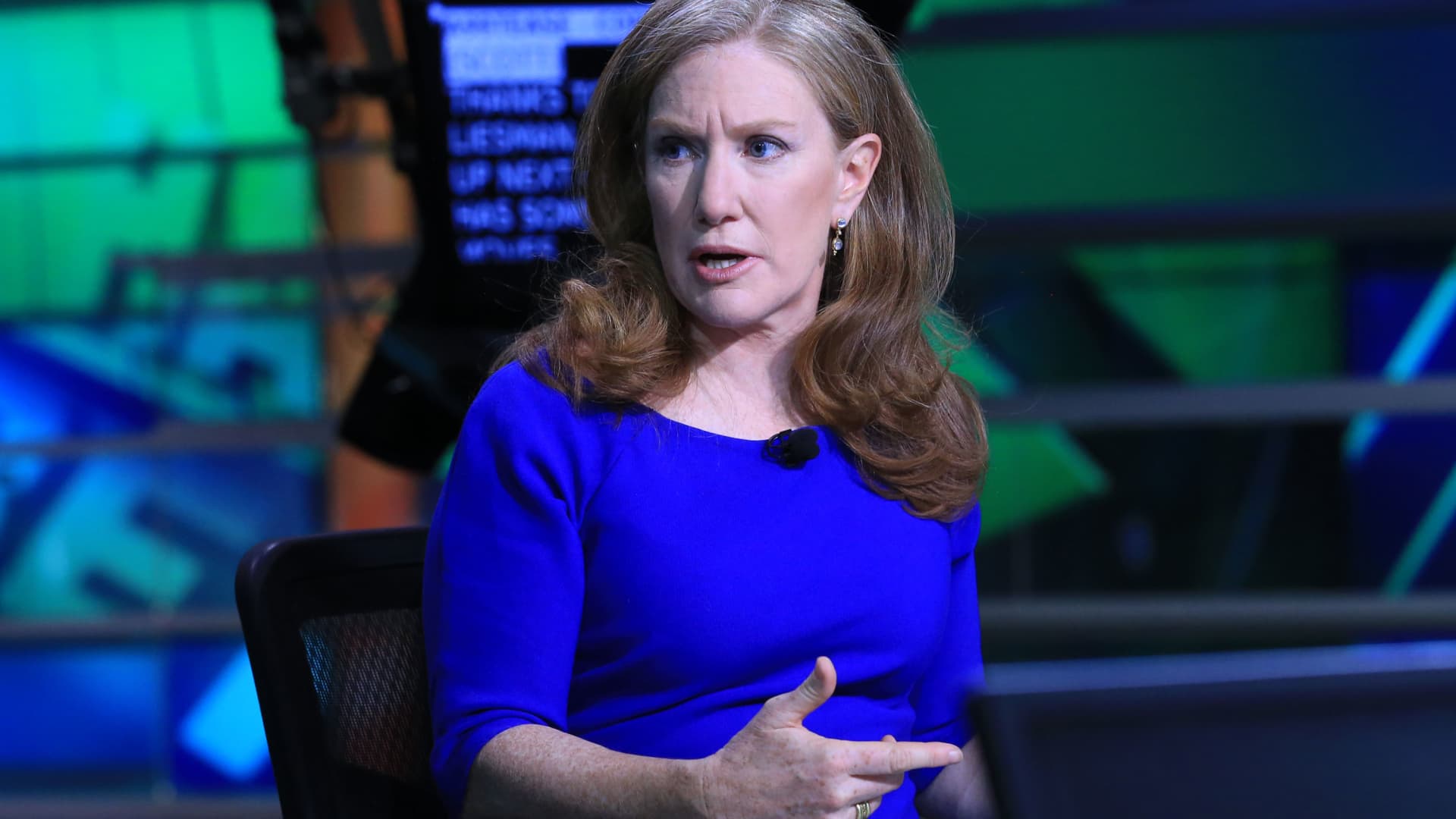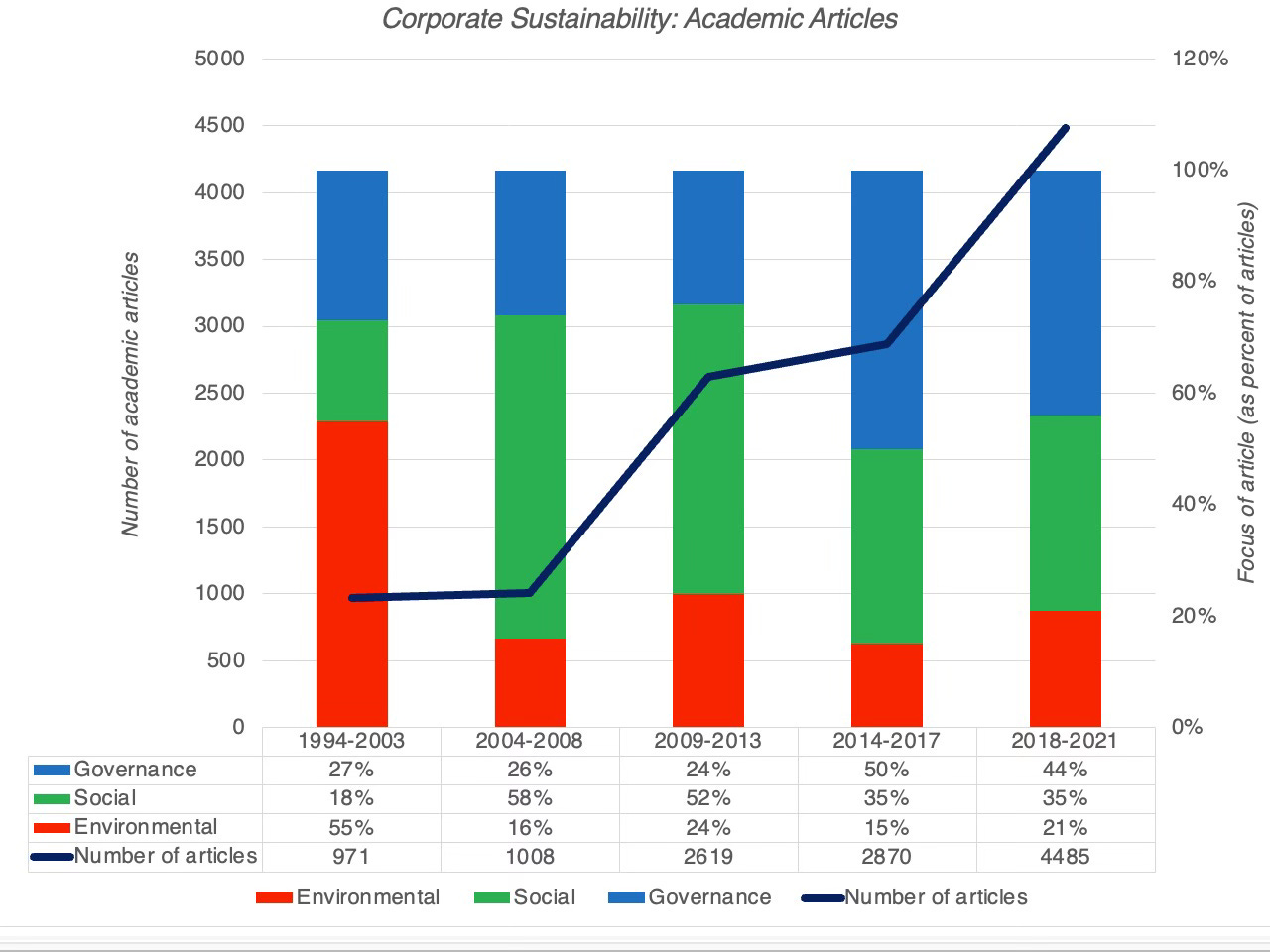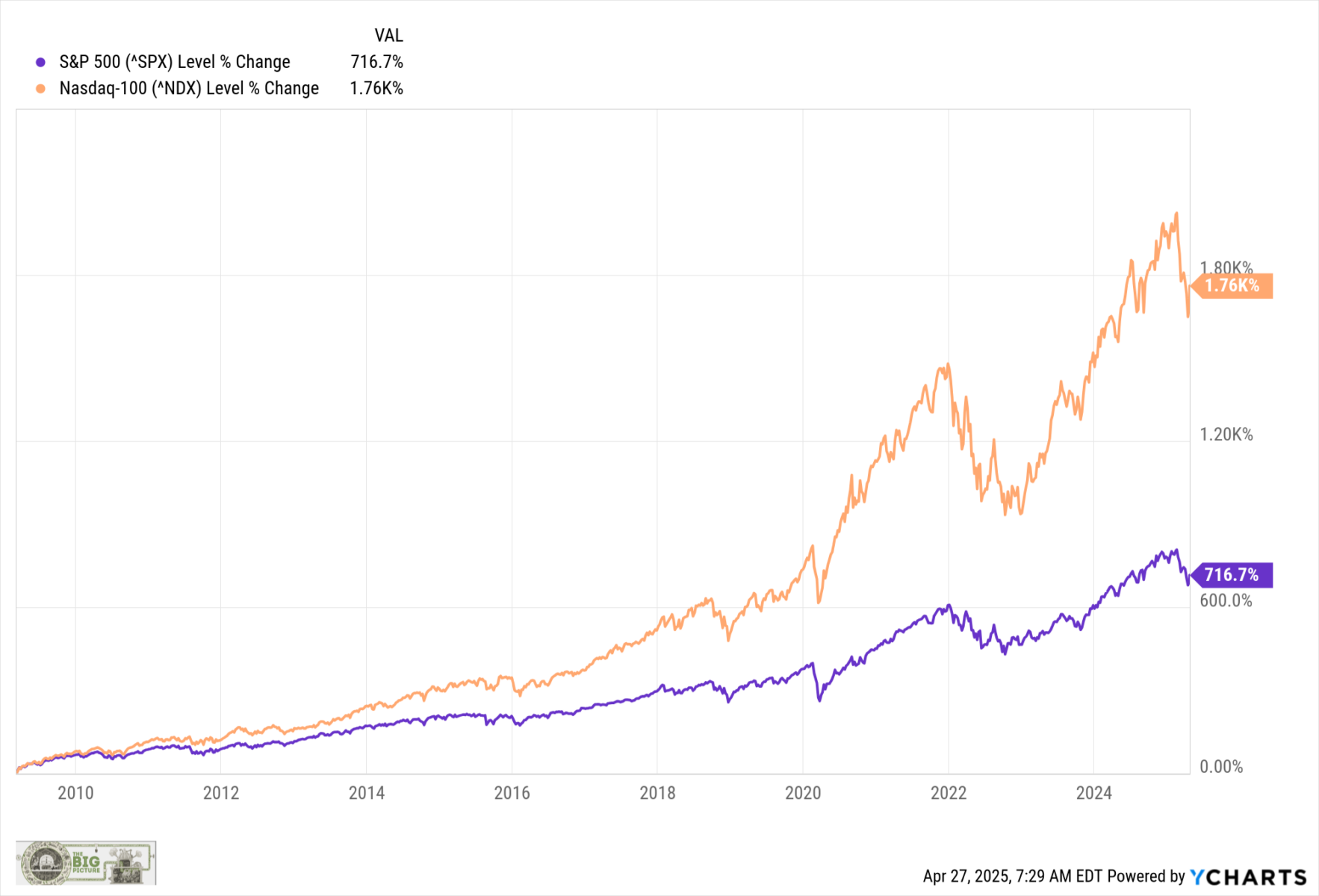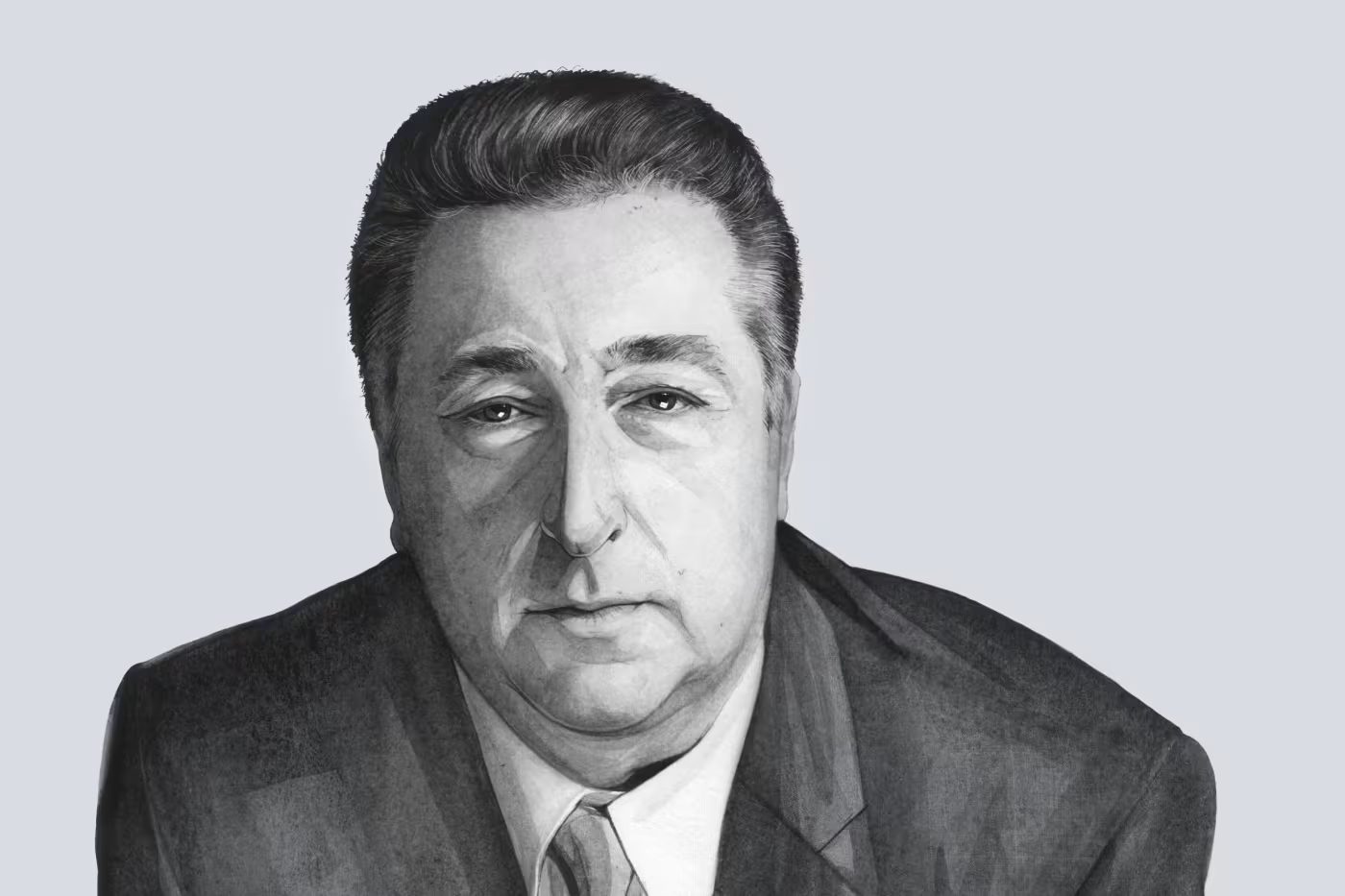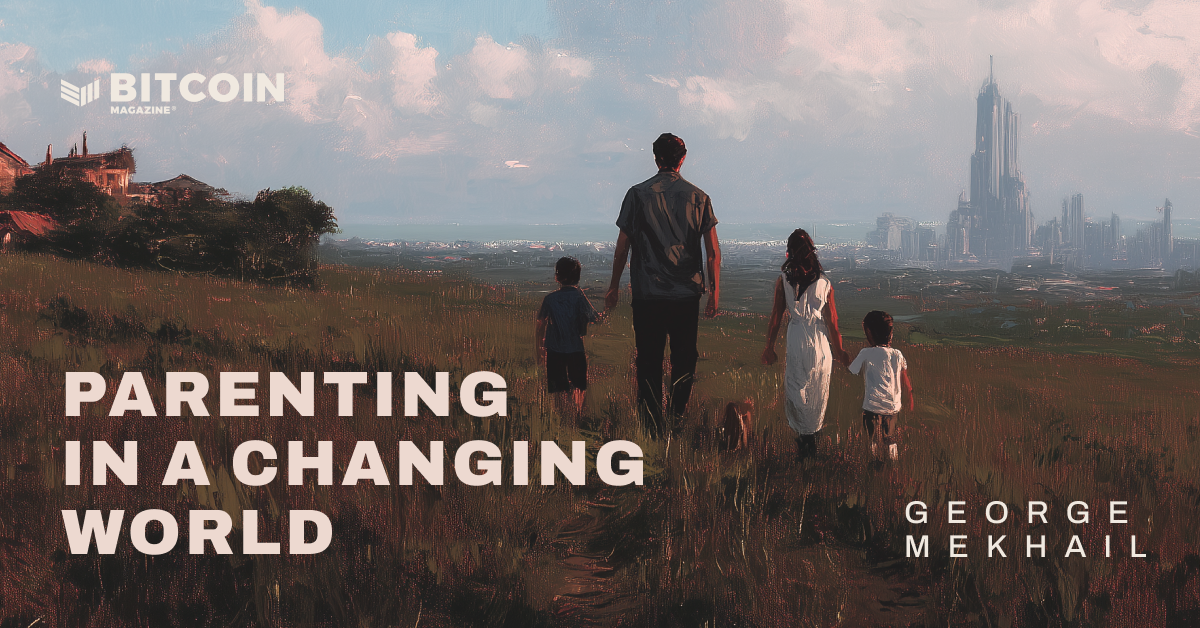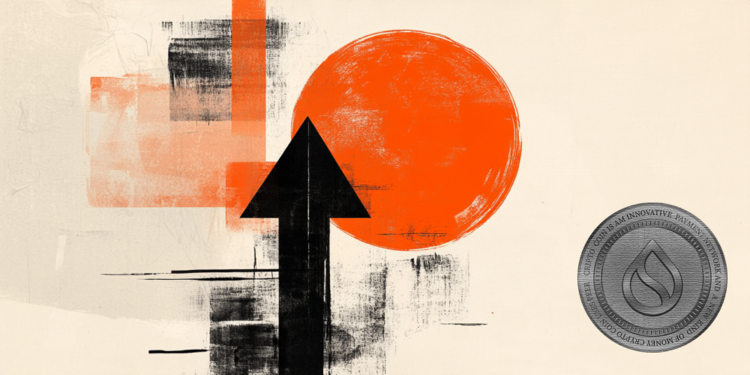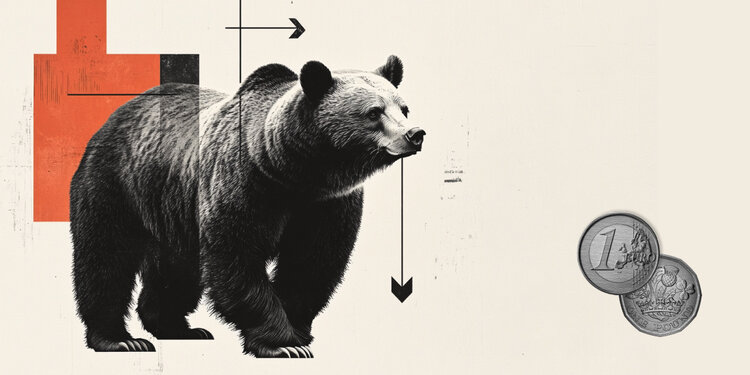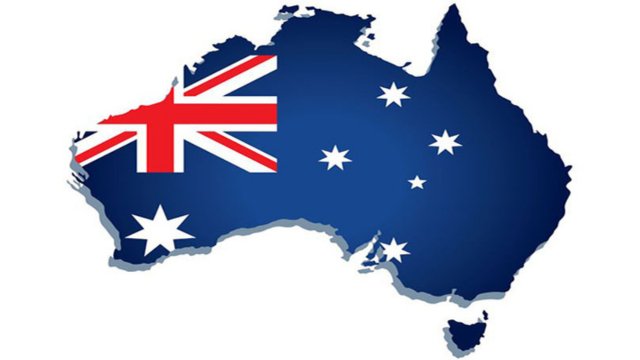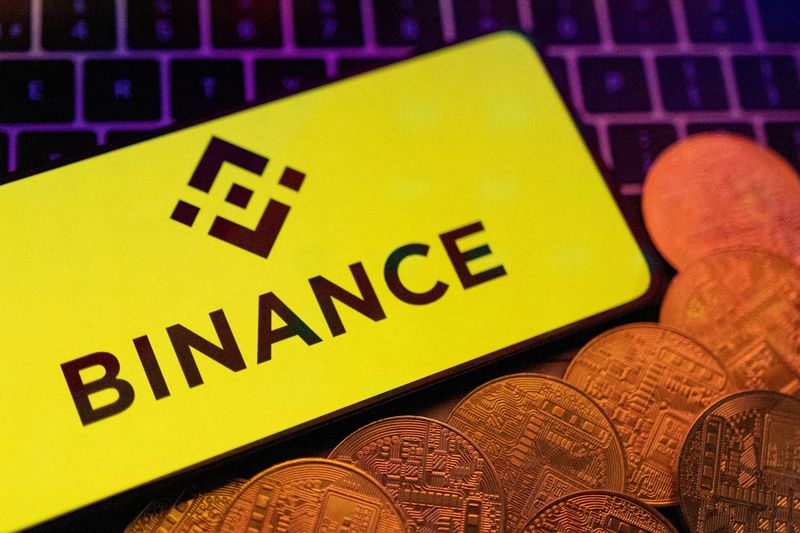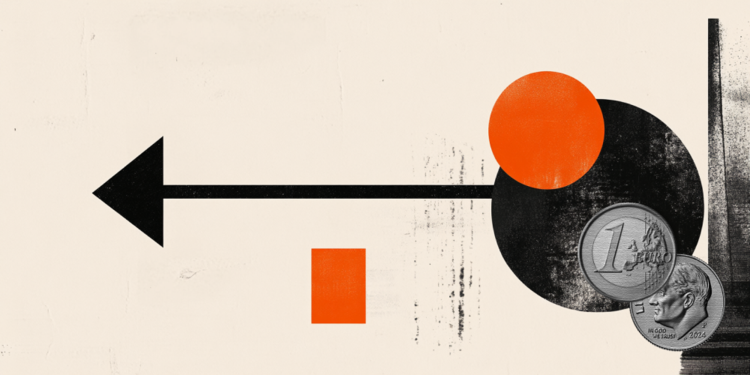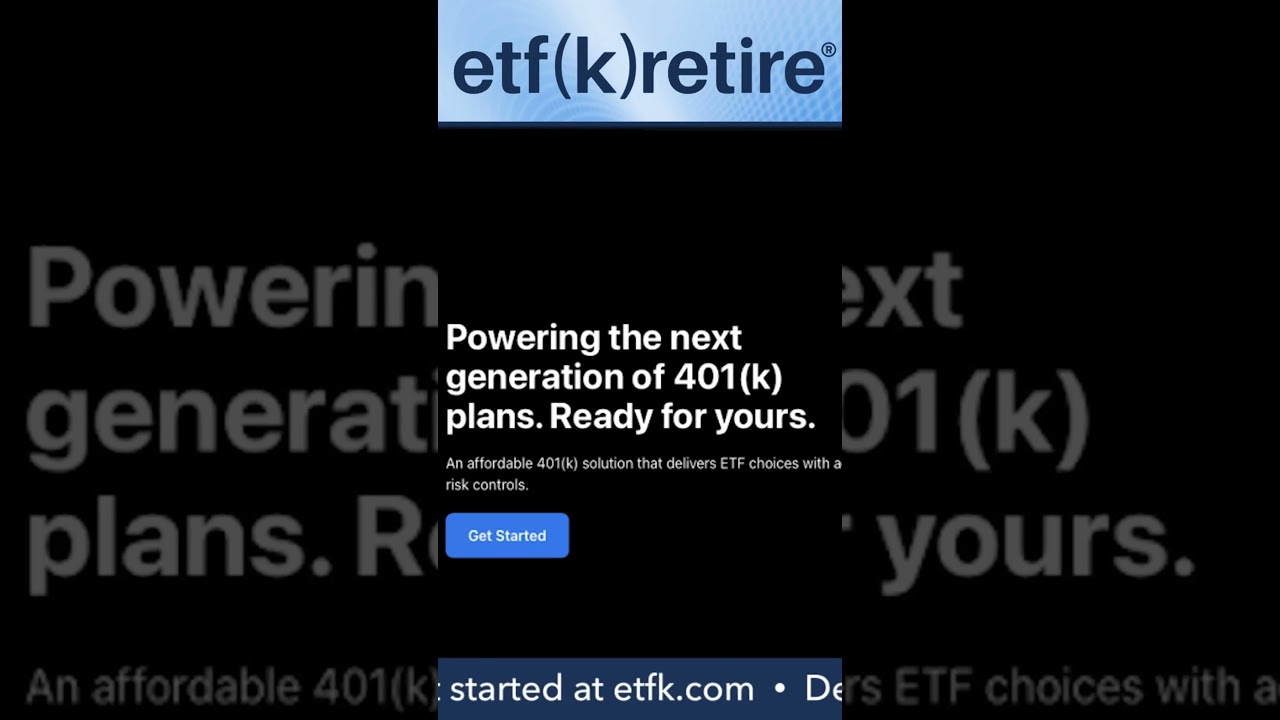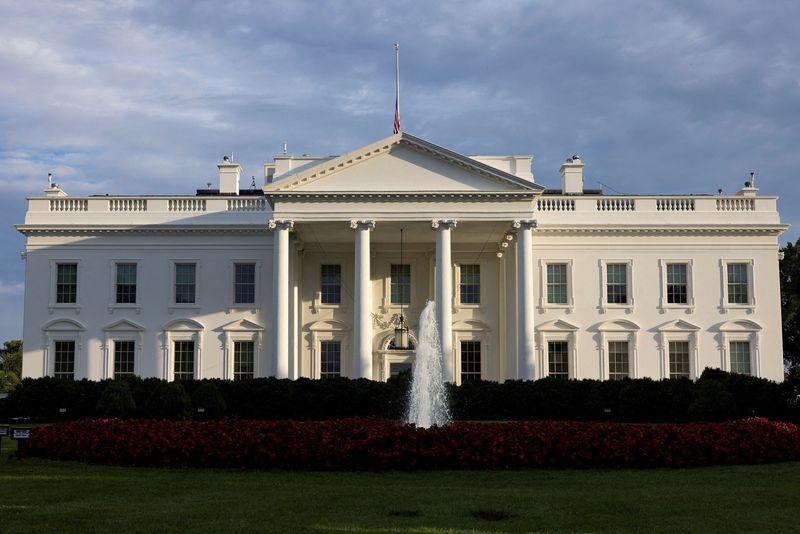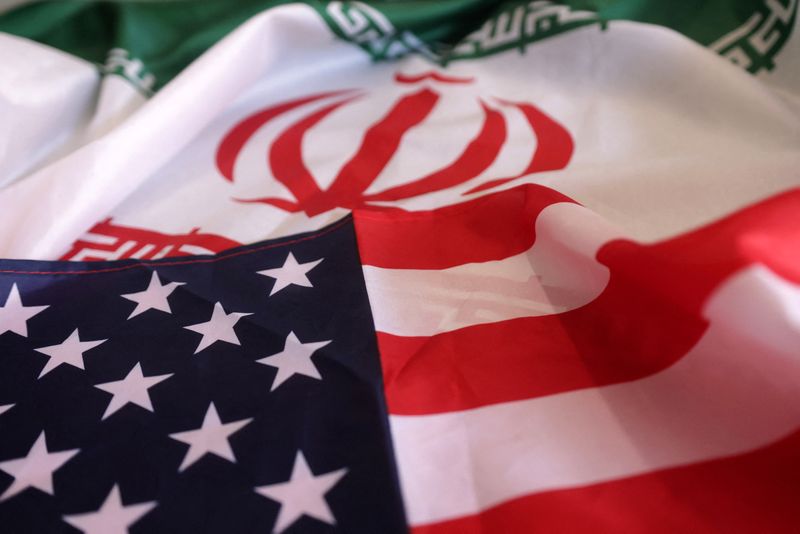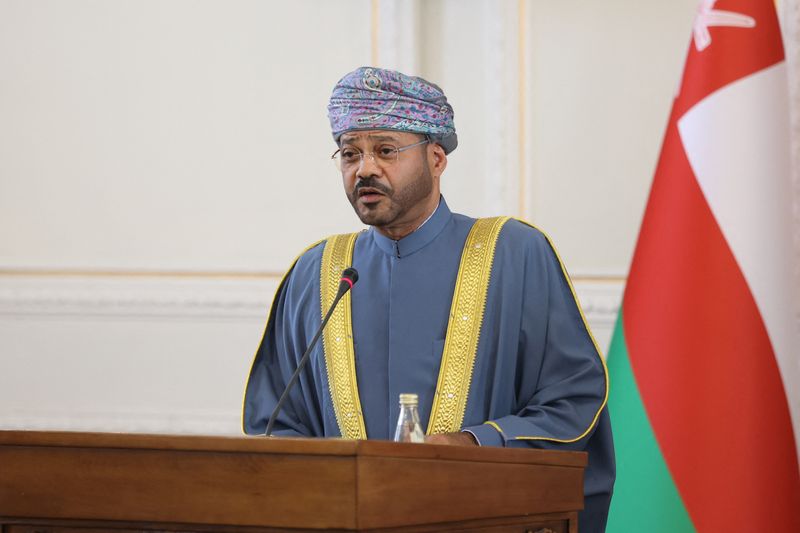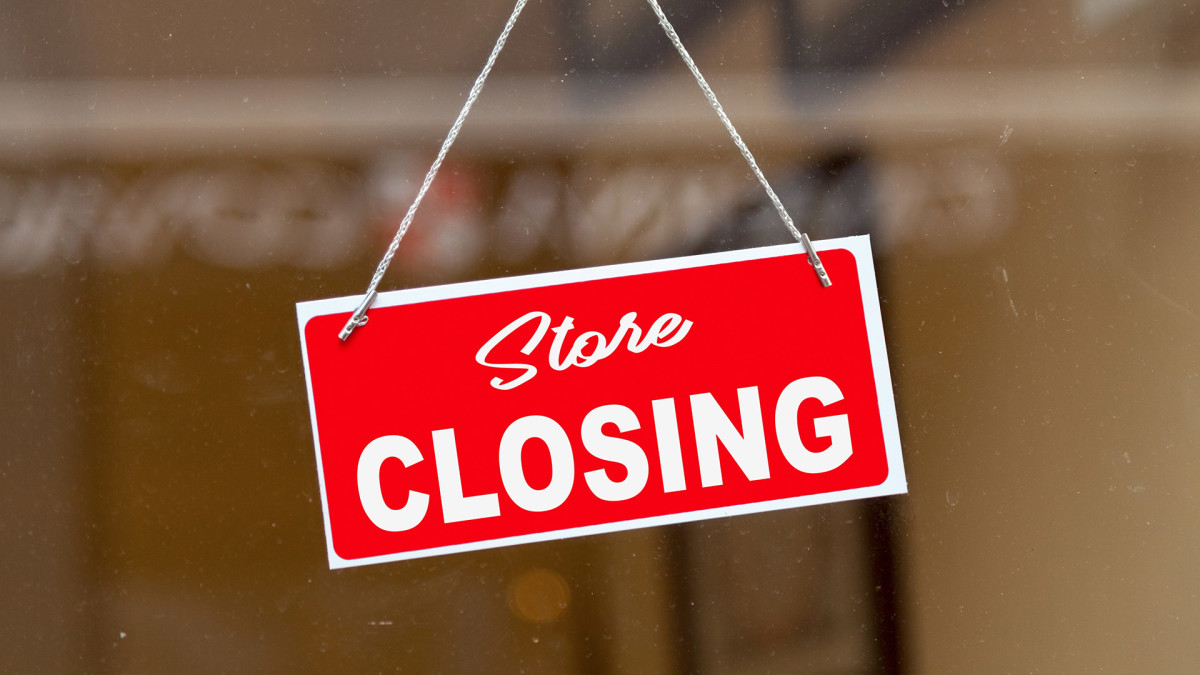She worked in corporate HR for more than a decade, then pivoted to an unconventional job: Career astrologist
One woman left her corporate job in HR to help people use an unconventional tool to navigate their careers.

Good morning!
As a self-described overachiever, star student, and someone who always did everything “by the book,” it's no wonder that Emily Pantel gravitated toward the world of corporate HR. She spent nearly a decade working in the people space at Lululemon, and then another three years at Verizon, eventually as a corporate culture specialist.
What was less predictable is the leap Pantel made when she left corporate HR four years ago to start her own business: she became a career astrologist.
“I didn't initially introduce or incorporate astrology because that felt like something that I needed to still keep in my private life,” she tells Fortune. “But I wanted to be able to bring my full self to the table, and astrology has helped me, personally and professionally, appreciate my unique gifts and also reframe my weaknesses to see them as byproducts of strengths.”
Pantel says some clients come to her having reached a “certain level of success,” while others are unsure of what career path is right for them. But most are trying to answer one question: “Why am I not happy?”
Before each coaching session, which usually lasts for an hour, Pantel asks clients for their birthday and the time they were born, which she uses to create a birth chart. That’s essentially a map of where different planets were situated back then, which in astrology informs different aspects of their life and personality. Pantel uses the chart to specifically look at parts of their astrological chart that would inform their careers, including things like how they view success, handle stress, or come across to others.
Within astrology, for example, someone with Virgo rising is often considered to be someone who pays meticulous attention to detail; they may be great in roles that prioritize taking in data and synthesizing information for others. The goal of each meeting is for clients to “walk away with actionable insights” they can take into their professional lives, says Pantel.
“There might be other really strong influences that are contributing to your identity and how you show up in the world that you’re not considering in your current role, and I want to help people understand that,” she says, referring to internalized habits, beliefs and self-talk that are reinforced in more professional environments.
Pantel also does more traditional career coaching, and says she doesn’t incorporate astrology with all clients—only the ones who are curious or enthusiastic. “Astrology is not the cornerstone of my work or my approach; it is a lens that I can incorporate if there's interest there, and if there’s not that’s fine with me,” she says.
I’m not personally a big believer in astrology myself. As a Capricorn sun, Capricorn rising, Libra moon, that means I’m logical, serious, a realist, and probably unlikely to believe in astrology anyway. But I understand the pull, especially as many young people graduate into such an uncertain economic environment.
But just like any other personality assessment, Pantel says it’s crucial to remember that it’s not about the information that is presented, but what people do with it afterwards.
“I want to have the conversations that people feel like they can't have about their job and their work and their relationship to it, and I strive to be a place where we can acknowledge that and speak without judgment.”
Brit Morse
brit.morse@fortune.com
This story was originally featured on Fortune.com




















